Indus Script Cipher: Hieroglyphs of Indian Linguistic Area
Synopsis
This is a path-breaking work as significant as the decipherment of Egyptian hieroglyphs by Champollion. For nearly130 years, the Indus script has remained a challenging enigma to scholars of languages, writing systems and civilization studies. The script was invented and used over an extensive area of what is called the Indus or Sindhu-Sarasvati civilization. Over 2000 or 80% of archaeological sites are found on the Sarasvati River basin, a river adored in a very old human document called the Rigveda and which dried up due to tectonic and resulting river migration causes.
In 1822, history was made when Egyptian hieroglyphs were deciphered by Jean-Fran ois Champollion from parts of the Rosetta Stone. Champollion showed that the Egyptian writing system, c.3000 BCE was a combination of phonetic and ideographic glyphs. The Rosetta Stone is dated196 BCE and had a decree in three versions: one in ancient Egyptian hieroglyphs, one in the Egyptian demotic script, and one in ancient Greek. Since alphabets of ancient Greek were known, Champollion used the trilingual inscription to validate his historic decipherment.
Indus Script Cipher makes history recording hundreds of hieroglyphs of India. Absence of a Rosetta Stone which has been the principal impediment in validating any decryption of Indus script cipher is thus overcome. Further validation comes from evidences of the historical periods in India from c. 600 BCE showing continued use of Indus script hieroglyphs which evolved from c. 3300 BCE.
This book details a decipherment.of the Indus script using the same rebus method used by Champollion to read ancient phonetic hieroglyphs of Indiat. By demonstrating an Indian linguistic area of cultural and language contacts and history of language changes, this is a landmark contribution to civilization studies of the world and will promote efforts to rewrite the ancient socio-cultural and economic history of a billion people in India and neighboring regions.
Read more
In 1822, history was made when Egyptian hieroglyphs were deciphered by Jean-Fran ois Champollion from parts of the Rosetta Stone. Champollion showed that the Egyptian writing system, c.3000 BCE was a combination of phonetic and ideographic glyphs. The Rosetta Stone is dated196 BCE and had a decree in three versions: one in ancient Egyptian hieroglyphs, one in the Egyptian demotic script, and one in ancient Greek. Since alphabets of ancient Greek were known, Champollion used the trilingual inscription to validate his historic decipherment.
Indus Script Cipher makes history recording hundreds of hieroglyphs of India. Absence of a Rosetta Stone which has been the principal impediment in validating any decryption of Indus script cipher is thus overcome. Further validation comes from evidences of the historical periods in India from c. 600 BCE showing continued use of Indus script hieroglyphs which evolved from c. 3300 BCE.
This book details a decipherment.of the Indus script using the same rebus method used by Champollion to read ancient phonetic hieroglyphs of Indiat. By demonstrating an Indian linguistic area of cultural and language contacts and history of language changes, this is a landmark contribution to civilization studies of the world and will promote efforts to rewrite the ancient socio-cultural and economic history of a billion people in India and neighboring regions.
97.20
87.48
$
108.00 $
Free delivery Wolrdwidе in 10-18 days
Ships in 1-2 days from New Delhi
Membership for 1 Year $35.00
Get it now and save 10%
Get it now and save 10%
BECOME A MEMBER
Books by the same author

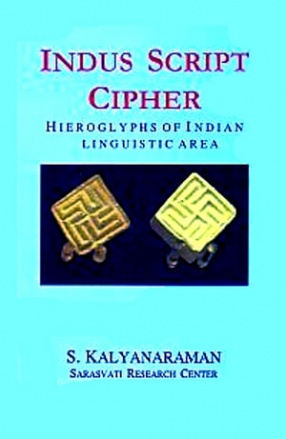


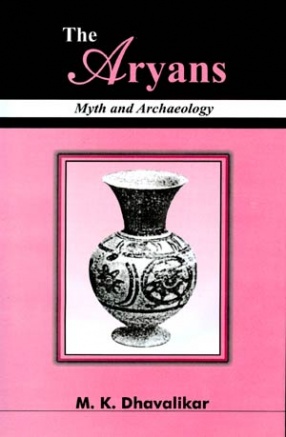
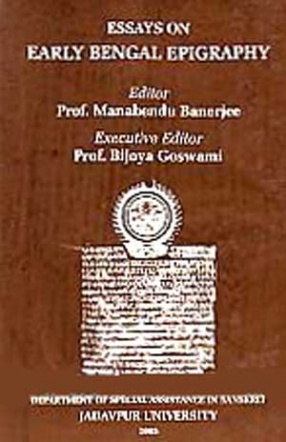
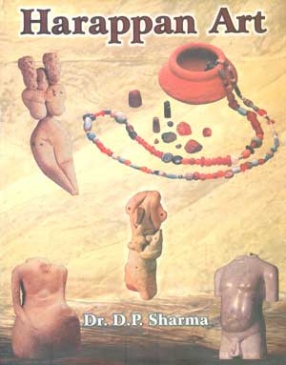
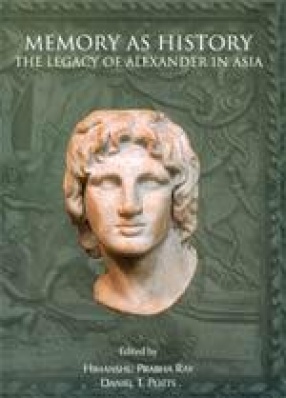

Bibliographic information